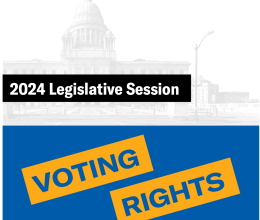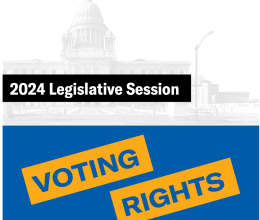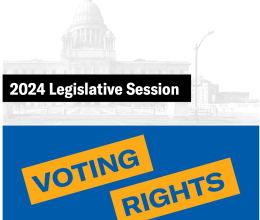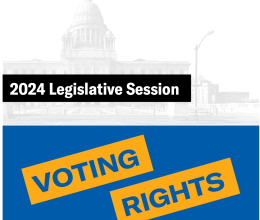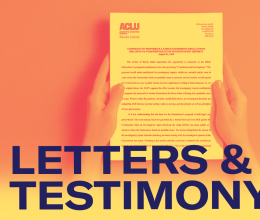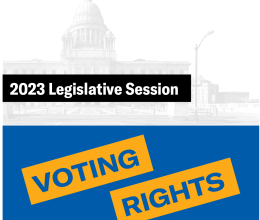Despite official reports that there were few voting problems during this week’s primary election, the American Civil Liberties Union of Rhode Island related today that it had received reports of voters being given incorrect information about their right to vote during Tuesday’s primary election, raising nagging concerns about the implementation of the state’s new photo ID law.
Under the law, any person without proper ID is supposed to be given a provisional ballot, and if the signature they provide matches the one on their voter registration, the ballot ends up getting counted. However, the ACLU of Rhode Island received reports from its poll watchers and from voters at three separate locations that poll workers told voters they did not have the right to vote if they did not have an approved form of photo identification.
These complaints are in addition to a previously reported incident in which a man trying to cast an emergency ballot at the Providence Board of Canvassers the day before the election was initially not given a provisional ballot, but instead was told he was unable to vote because he did not have proper identification. He got to vote only because another person waiting in line, who was familiar with the law’s requirement, forcefully advocated on the voter’s behalf.
The ACLU and other organizations formally raised concerns with the state Board of Elections a month ago about this issue, objecting that poll workers were not being given clear enough instructions about their obligation to present provisional ballots to voters without proper ID. Similar problems had arisen in 2012. However, to the ACLU’s knowledge, the Board took no further action to address the issue before Tuesday’s election.
ACLU of Rhode Island executive director Steven Brown said today: “The problems we documented with fewer than a dozen poll watchers on the ground strongly suggest that many more voters may have been denied their right to cast a ballot because of inaccurate information and inadequate training on the voter ID law’s vital protections. If the Board of Elections fails to promptly and vigorously address these issues, the rights of even more voters will be at risk during November’s general election.”
Brown added: “The voter ID law was promoted by the Secretary of State as necessary to address an alleged perception of voter fraud. Yet the implementation of this law is in fact, not in perception, denying qualified voters the right to vote. That is where the real concern should be, and why the law should be repealed.”
The reported incidents included:
- An elderly Hispanic woman who did not have identification was turned away from voting in Providence. According to a poll watcher, the warden wrongly told her “even for a provisional ballot, you need an ID.” The woman left without casting a ballot. The warden confirmed to the poll watcher that this was her understanding of the rules.
- A Providence man with an expired license was initially told he could not vote. He told the ACLU that poll workers did not give him a provisional ballot until he showed them in writing that provisional ballots are available to voters without proper identification.
- Poll workers in Pawtucket denied a voter a provisional ballot when he did not show photo ID. The voter, who was aware of his right to such a ballot, explained the law to the workers, who then had to call a supervisor. It then took poll workers 45 minutes to determine how to administer a provisional ballot, according to the voter.
The ACLU also received a report of at least one voter being directed to the wrong polling place by the Secretary of State’s new smart phone application. When the voter then input her address into the Secretary of State’s website, her polling place was listed at the correct location.

